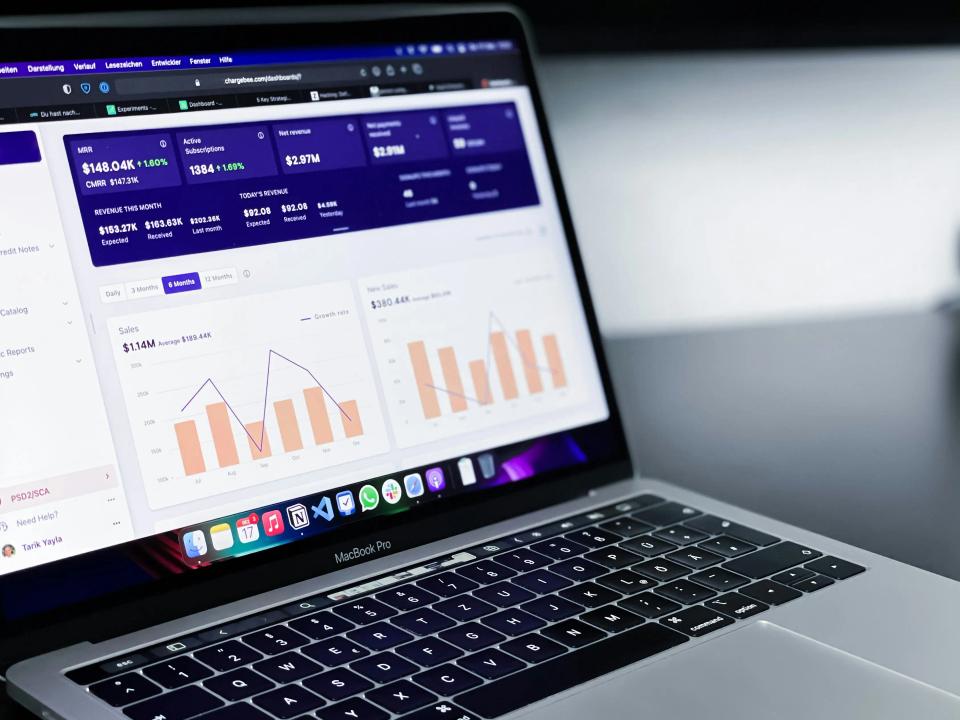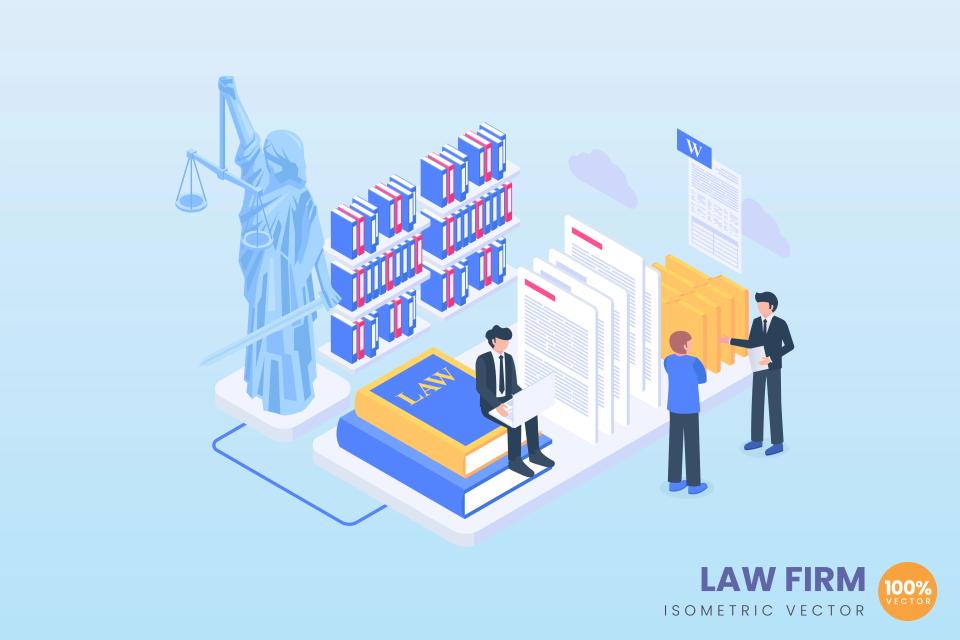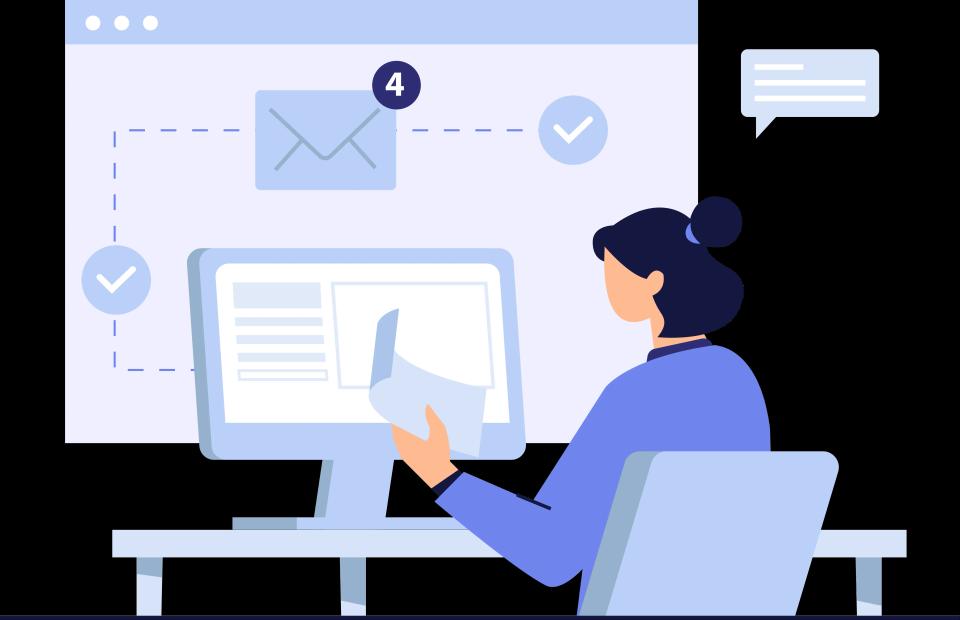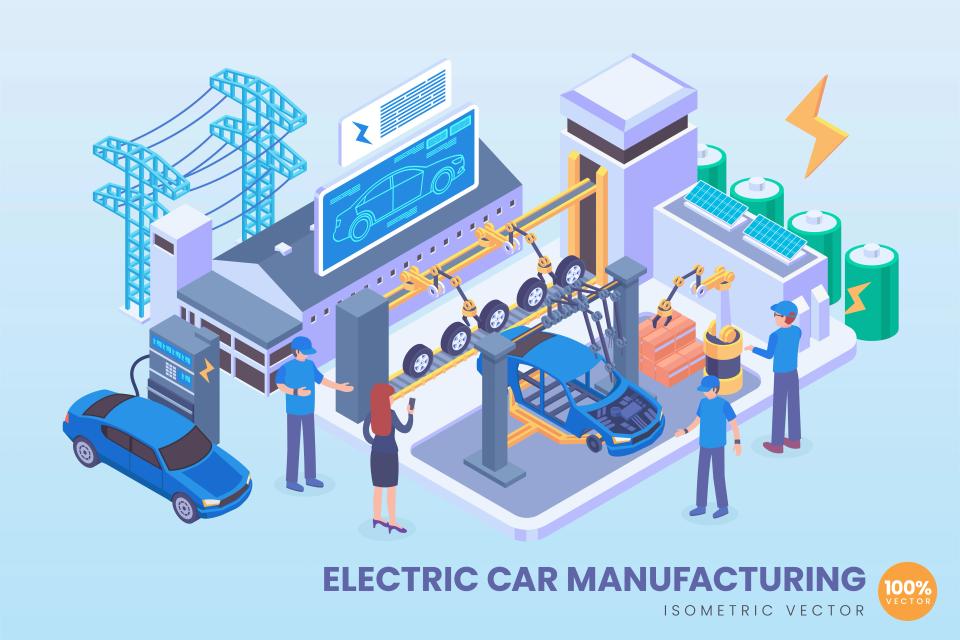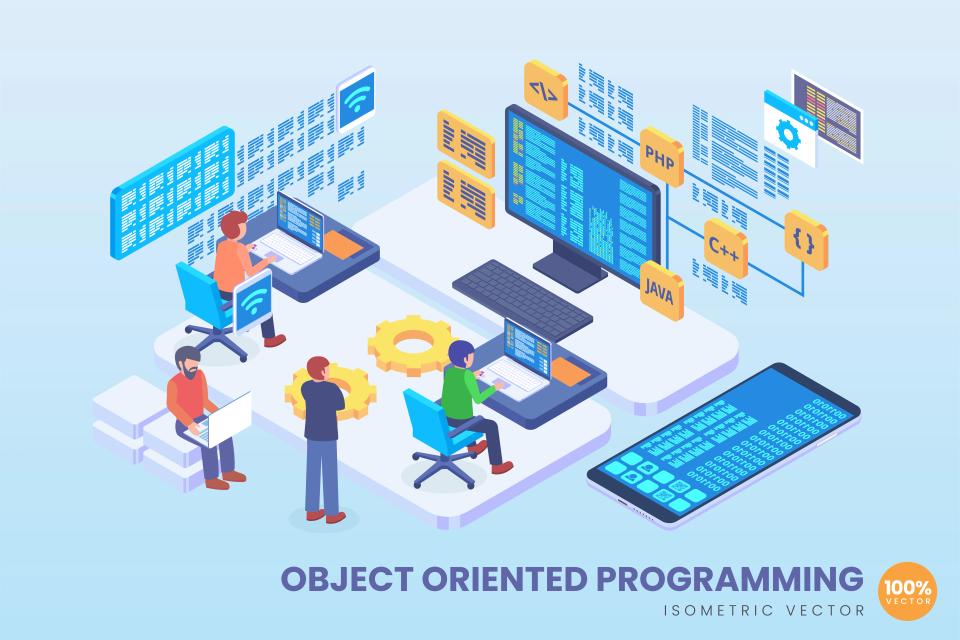Is your law firm fighting to be heard above the noise? In a legal landscape more crowded than ever, simply being a great lawyer isn't enough. You need a direct line to clients actively, urgently seeking your specific expertise.
Many firms pour their hard-earned money into generic marketing efforts, only to attract a flood of unqualified leads or, worse, hear crickets. It's a frustrating cycle of wasted ad spend and missed opportunities, leaving you wondering if digital marketing can truly work for a practice like yours. But what if you could cut through the chaos and connect with potential clients at the very moment they realize they need legal help?
This is the power of strategically implemented Google Ads. This isn't just another overview; we're diving deep. This post will guide you, step-by-step, through creating targeted Google Ads campaigns that don't just get clicks, but attract a steady stream of high-quality legal leads, transforming your marketing from an expense into a powerful growth engine.
Why Google Ads is a Non-Negotiable for Modern Law Firms
When someone desperately types "emergency child custody lawyer" or "car accident attorney near me" into Google, they aren't just browsing. They're facing a significant life event, often a crisis, and they need solutions now. This inherent urgency makes them prime candidates for conversion, and Google Ads puts your firm directly in their path.
High Intent, High Stakes: Connecting When It Matters Most
The beauty of Google Ads lies in its ability to capture high-intent searchers. These aren't individuals vaguely thinking about legal services; they are actively seeking help. Attorney at Work highlights that 56% of local business searches on mobile devices result in same-day visits, underscoring the immediacy of these needs. Your ad appearing at this critical juncture can mean the difference between securing a new client or them finding your competitor.
Imagine the relief your firm can offer someone in distress, simply by being visible when they search. This isn't just advertising; it's providing a lifeline. The stakes are high for them, and your timely appearance can be invaluable.
Targeted Reach: Precision in a Sea of Prospects
Forget the scattergun approach of traditional advertising. Google Ads allows you to pinpoint your ideal client with laser-like precision. You can target individuals searching for specific practice areas, such as "divorce attorney in Phoenix" or "commercial litigation lawyer handling breach of contract."
This level of specificity ensures your marketing budget is spent reaching those most likely to require your services, rather than being diluted across a broad, uninterested audience. You connect with people who not only need what you offer but are actively looking for it in your geographic area. This targeted approach is fundamental to attracting more qualified legal leads.
Measurable ROI: Know Exactly What Works
Are you tired of marketing initiatives where your investment vanishes into a black hole, with no clear return? Google Ads shatters that uncertainty by offering transparent, measurable results. You can track precisely how your ad spend translates into valuable actions like phone calls, contact form submissions, and consultation bookings.
Key performance indicators (KPIs) such as cost per click (CPC) and cost per acquisition (CPA) are readily available, allowing you to understand the profitability of your campaigns. This data-driven approach empowers you to make informed decisions, optimize for better results, and confidently invest in what demonstrably grows your firm. For instance, firms optimizing their Ad Strength scores have seen conversion rates improve, a testament to the platform's responsiveness to strategic adjustments.
Immediate Visibility: Speed to Market
While building a strong organic search presence through SEO is a crucial long-term strategy, it's a marathon, not a sprint. Google Ads, on the other hand, offers the advantage of speed. Your law firm can achieve top-of-page visibility almost instantly for your chosen keywords, which is invaluable when you need to generate leads quickly or promote a new practice area.
This immediate impact can be a game-changer, especially for time-sensitive legal matters where potential clients need rapid assistance. You don't have to wait months to see results; you can start connecting with prospects today. This rapid deployment capability makes Google Ads an agile tool in your marketing arsenal.
Competitive Necessity: Don't Get Left Behind
Let's be frank: your competitors are likely already harnessing the power of Google Ads. If your firm isn't actively participating, you are essentially ceding ground and potential clients to those who are. In today's digital-first world, being visible where potential clients are actively searching is not just an advantage, it's a necessity.
Ignoring Google Ads means missing out on a significant pool of individuals actively seeking legal representation. To stay competitive and ensure your firm captures its share of the market, a robust Google Ads strategy is no longer optional—it's a fundamental component of modern legal marketing.
Laying the Foundation: Pre-Campaign Essentials for Law Firm PPC
Before you even think about writing an ad or setting a bid, crucial groundwork must be laid. Skipping these foundational steps is like building a house on sand – it’s destined to falter. Taking the time here will save you headaches and wasted budget down the line.
A. Defining Your Goals & Ideal Client Persona
What does success truly look like for your Google Ads efforts? Before launching any campaign, clearly define what constitutes a "qualified lead" for your specific firm. Is it someone facing a high-stakes personal injury case, a business needing complex commercial litigation, or an individual seeking uncontested divorce services?
Once you know what kind of lead you want, paint a vivid picture of who this person is. What are their demographics, their most pressing legal pain points, their fears, and their aspirations related to their legal issue? Understanding your ideal client persona is paramount for crafting effective law firm PPC strategies that resonate deeply.
This clarity will guide every subsequent decision, from keyword selection to ad copy. It ensures you're not just attracting clicks, but attracting the right clicks.
B. Comprehensive Keyword Research for Legal Niches
Keyword research is the bedrock of any successful Google Ads campaign. Start by brainstorming core keywords directly related to your practice areas, such as "car accident lawyer" or "estate planning attorney." These are the foundational terms your potential clients are likely typing into the search bar.
But the real magic often happens with long-tail keywords. These are longer, more specific phrases like "medical malpractice lawyer specializing in birth injuries Dallas" or "[business formation attorney for startups Austin]." While they may have lower search volume, long-tail keywords often indicate higher purchase intent and can lead to more qualified leads because they reflect a very specific need.
Don't forget location-based keywords; for most law firms, attracting local clients is essential. Incorporate city names, counties, and even neighborhood terms (e.g., "family lawyer downtown San Diego"). Equally crucial is building a robust list of negative keywords – terms for which you don't want your ads to show, such as "free legal advice," "[legal secretary jobs]," or "pro bono representation." This prevents wasted ad spend on irrelevant searches and sharpens your targeting.
C. Understanding Your Competitors' Ad Strategies (Briefly)
You're not operating in a vacuum. Take a moment to see what your competitors are doing with their Google Ads. What kind of language are they using in their ads? What unique selling propositions are they highlighting?
This isn't about imitation; it's about intelligence. By analyzing competitor ads, you can identify potential gaps in the market or messaging angles they might be overlooking. This insight can help you differentiate your firm and craft ads that stand out from the crowd, capturing attention and clicks.
Crafting Compelling Ad Copy That Converts (and Complies)
Your ad copy is your first, and often only, chance to grab a potential client's attention in a crowded search results page. It needs to be powerful, persuasive, and perfectly aligned with their needs, all while adhering to strict ethical guidelines. This is where art meets science in legal advertising.
A. Speaking Your Client's Language
Stop talking like a lawyer and start talking like a human solving another human's urgent problem. Focus on the benefits and solutions you provide, not just a dry list of your legal services. Instead of "We offer comprehensive personal injury representation," try "Injured? Get the Justice and Compensation You Deserve. We Fight For You."
Directly address their pain points and fears. If they're searching for a bankruptcy lawyer, they're likely feeling overwhelmed by debt and seeking relief. Your ad copy should acknowledge that pain and offer a clear path to a solution, for example, "Overwhelmed by Debt? Explore Your Options for a Fresh Start." This empathetic approach builds an immediate connection.
B. Strong Calls to Action (CTAs)
Don't leave potential clients wondering what to do next. Your ad must include a clear, compelling, and urgent call to action. Tell them precisely what you want them to do: "Call Now for a Free, Confidential Case Review," "Download Our Free Guide to Texas Divorce Law," or "Contact Our Experienced Attorneys Today."
Make your CTA irresistible by tying it directly to the solution they seek. It should feel like the obvious next step on their journey to resolving their legal issue. A strong CTA transforms a passive reader into an active lead.
C. Highlighting Your Unique Selling Propositions (USPs)
In a sea of law firms, why should a potential client choose you? Your Unique Selling Propositions are what set you apart. Perhaps it's your decades of specialized experience in a niche area, a track record of significant case victories (if ethically presentable), your 24/7 availability, or a "no win, no fee" promise for certain case types.
Don't be modest about your strengths; feature them prominently in your ad copy. Your USPs are powerful magnets for attracting your ideal clients and can be the deciding factor when they're choosing who to call. Make sure these differentiators shine through.
D. Ad Extensions to Maximize Visibility & Information
Think of Google Ad extensions as free upgrades that make your ads bigger, more informative, and more clickable. Sitelink extensions allow you to add extra links beneath your main ad, directing users to specific practice area pages, your attorney bios, or a contact page. This gives searchers more immediate options and information.
Utilize call extensions to enable click-to-call functionality directly from mobile search results, making it effortless for prospects to reach you. Location extensions are vital for local search, displaying your address and making it easier for nearby clients to find you. Callout extensions let you highlight key benefits like "Free Consultation," "Evening Appointments Available," or "Se Habla Español." These extensions not only provide more information but can also improve your ad's click-through rate by an average of 10-15%.
E. Ethical Considerations & Compliance in Legal Advertising
The legal profession is bound by stringent advertising rules, and your Google Ads are no exception. It is absolutely critical to avoid any language that could be construed as misleading, such as guaranteeing outcomes ("We win every case!") or making unsubstantiated claims of superiority. Honesty and transparency build trust and protect your firm's reputation.
Familiarize yourself thoroughly with your specific state bar's advertising guidelines and ensure every ad you run is in full compliance. This includes rules about disclaimers, testimonials, and the portrayal of past results. Ethical advertising is not just a requirement; it's good business.
Strategic Campaign Structure & Targeting for Optimal Results
A well-structured Google Ads account is the engine of an efficient lead generation machine. Randomly throwing keywords and ads together will lead to wasted spend and poor results. Strategic organization and precise targeting are key to maximizing your return on investment.
A. Campaign Organization
Think of your Google Ads account like a well-organized filing cabinet. For law firms, it's best practice to create separate campaigns for each distinct practice area, such as 'Personal Injury,' 'Family Law,' 'Criminal Defense,' or 'Business Litigation.' This allows for dedicated budgets, tailored messaging, and more accurate performance tracking for each service line.
Within each campaign, further organize your keywords into tightly themed ad groups. For example, under your 'Family Law' campaign, you might have ad groups for 'Divorce,' 'Child Custody,' 'Spousal Support,' and 'Prenuptial Agreements.' This granular structure ensures that your ads are highly relevant to the search queries within each ad group, which improves your Quality Score and can lower your costs.
B. Precise Targeting Options
Google Ads offers a wealth of targeting options to help you reach your ideal client.
Geographic Targeting: This is non-negotiable for most law firms. Pinpoint the specific cities, counties, states, or even zip codes where your target clients reside or where their legal issues are based. Effective geographic targeting ensures your ads are shown to local prospects who can actually utilize your services.
Device Targeting: Consider how and where your potential clients are searching. Are they on their mobile phones looking for quick contact information during an emergency, or are they on a desktop computer conducting in-depth research? You can adjust your bids and ad presentation based on device type to optimize performance.
Ad Scheduling: You don't necessarily want your ads running 24/7, especially if your firm isn't available to respond to inquiries outside of business hours. Use ad scheduling to show your ads during peak search times or when your intake team is ready to handle calls and emails. This maximizes your budget by focusing on periods with the highest potential for conversion.
C. Landing Page Congruency
The user's journey doesn't end with a click on your ad; it continues to your landing page. It is absolutely vital that the message in your ad aligns perfectly with the content on the landing page. If your ad promises "Expert Representation for Truck Accident Victims," the landing page must prominently feature information about your firm's expertise in truck accident cases.
For optimal results, avoid sending ad traffic to your generic homepage. Instead, create dedicated landing pages specifically designed for each ad group or campaign. These focused pages, free from the distractions of a full website, are proven to significantly improve conversion rates by keeping the user focused on the specific offer or service from the ad.
Budgeting & Bidding: Making Every Dollar Count
Navigating the financial aspects of Google Ads can seem daunting, especially in the competitive legal sector where click costs can be high. However, with a strategic approach to budgeting and bidding, you can ensure every dollar spent is working hard to bring in qualified leads. It’s about smart allocation, not just big spending.
A. Understanding CPCs in the Legal Industry (They can be high!)
Let's be direct: advertising for legal keywords on Google can be expensive. Depending on the practice area and geographic location, cost-per-click (CPC) can range from a few dollars to upwards of $100 or even more for highly competitive terms like "mesothelioma lawyer." Setting realistic budget expectations from the outset is crucial to avoid surprises.
However, don't let high CPCs deter you. The key is to focus on the value of a converted lead, not just the cost of a click. A single well-qualified client in a high-value practice area can provide a substantial return on your advertising investment, making even higher CPCs justifiable if the campaign is optimized for conversions.
B. Choosing the Right Bidding Strategy
Google Ads offers a variety of bidding strategies, each suited to different campaign goals and levels of experience. For firms new to Google Ads or those wanting maximum control, Manual CPC bidding allows you to set your own maximum bid for each keyword. As your campaign gathers data, you might explore automated bidding strategies like 'Maximize Clicks' (to drive traffic volume) or, more ideally for lead generation, 'Maximize Conversions' or 'Target CPA (Cost Per Acquisition).'
'Target CPA' allows you to tell Google how much you're willing to pay for a lead, and its algorithm will work to achieve that goal. Choosing the right bidding strategy is a critical lever for PPC success, and it may evolve as your campaigns mature and your business objectives change. For instance, some firms report that automated strategies leverage machine learning effectively across thousands of keywords once sufficient conversion data is available.
C. Allocating Budget Effectively
Not all your services will have the same profit margin or lead volume potential. It's wise to allocate a larger portion of your budget to campaigns targeting your most profitable or in-demand practice areas. This ensures you're focusing your resources where they can generate the greatest return.
You don't need an enormous budget to start. Begin with a modest, manageable budget that allows you to test different keywords, ads, and targeting parameters. As you gather performance data and identify what works, you can then strategically scale up your investment in the successful areas. This iterative, data-driven approach minimizes risk and maximizes efficiency.
The Crucial Role of Landing Pages in Lead Generation
You can have the most brilliantly crafted ad and the most precisely targeted campaign, but if your landing page doesn't convert, your efforts (and budget) are wasted. The landing page is where the handshake happens, where a curious click transforms into a valuable lead. It’s the final, critical step in your Google Ads funnel.
A. Design for Conversion
Your landing page must be a conversion machine. This starts with a clear, compelling headline that directly mirrors the promise made in your ad. If your ad said, "Aggressive DUI Defense – Call Now," your landing page headline should reinforce that message, like "Get an Aggressive DUI Defense Team on Your Side Today."
The copy should be benefit-driven, focusing on how you solve the visitor's problem. Crucially, include prominent and easy-to-use contact forms and highly visible click-to-call phone numbers. Build instant trust with signals like client testimonials (ethically sourced and compliant), awards, bar association memberships, and professional attorney photos. These elements reassure potential clients that they're in the right place.
B. Mobile-First Approach
A significant portion of legal searches, especially for urgent matters, happens on mobile devices. Statistics show that over 60% of Google searches originate from mobile, making a mobile-first landing page design absolutely essential. If your page is clunky, slow, or difficult to navigate on a smartphone, you're losing leads.
Ensure your landing pages are fully responsive, meaning they adapt seamlessly to any screen size. Buttons should be large enough for easy tapping, forms should be simple to complete on a small screen, and phone numbers should be click-to-call. A flawless mobile experience is no longer a luxury; it's a necessity for capturing leads on the go.
C. Page Speed
In the digital world, patience is a scarce commodity. If your landing page takes more than a few seconds to load, potential clients will abandon it and click on your competitor's ad instead. Slow-loading pages are conversion killers, plain and simple.
Optimize your landing pages for speed by compressing images, minifying code, leveraging browser caching, and ensuring your web hosting is robust. Fast-loading pages are critical for keeping users engaged and reducing bounce rates. At CaptivateClick, we understand that technical details like page speed directly impact your firm's ability to generate leads, which is why we prioritize these elements in every campaign we build.
Tracking, Analyzing & Optimizing for More Qualified Leads
Launching your Google Ads campaigns is just the beginning. The real power comes from diligently tracking performance, analyzing the data, and continuously optimizing your efforts. This iterative process is what separates mediocre campaigns from those that consistently deliver a stream of qualified legal leads.
A. Setting Up Conversion Tracking
If you're not tracking conversions, you're essentially flying blind, throwing money into the wind. It's absolutely critical to set up conversion tracking for every valuable action a potential client can take. This includes tracking contact form submissions, phone calls (using Google's call forwarding numbers or third-party call tracking solutions), and even initiations of live chat conversations if you use that feature.
This data is the lifeblood of your campaign optimization. It tells you precisely which keywords, ads, ad groups, and campaigns are actually generating leads, allowing you to calculate your true return on ad spend (ROAS) and make data-backed decisions. Without conversion tracking, you're just guessing.
B. Key Metrics to Monitor
While clicks and impressions are easy to see, they don't tell the whole story. To truly understand campaign performance, you need to monitor key metrics that reflect lead quality and cost-efficiency. These include your Click-Through Rate (CTR), Conversion Rate (the percentage of clicks that result in a lead), Cost Per Click (CPC), and, most importantly, your Cost Per Lead or Cost Per Acquisition (CPL/CPA).
Also, keep a close eye on your Quality Score. This Google metric rates the relevance and quality of your keywords, ads, and landing pages. A higher Quality Score can lead to lower CPCs and better ad positions, so it's a vital indicator of campaign health.
C. Continuous A/B Testing & Refinement
The digital landscape is always evolving, and so should your campaigns. Never assume your initial ad copy or landing page design is perfect. Embrace a culture of continuous A/B testing: test different ad headlines, body copy, calls to action, landing page layouts, and offers to see what resonates best with your target audience. Even small changes, like testing "Free Consultation" vs. "Speak With an Attorney," can lead to significant improvements in conversion rates, sometimes by 15% or more.
Regularly review your search term reports. This report shows the actual search queries people typed that triggered your ads. It's a goldmine for discovering new, relevant keywords to add to your campaigns and, just as importantly, irrelevant terms to add to your negative keyword list, further refining your targeting and reducing wasted spend. This ongoing optimization, a core expertise at CaptivateClick, is what transforms good campaigns into consistently high-performing lead generation engines.
Beyond the Click: Nurturing Your Google Ads Leads
Generating a lead through Google Ads is a significant achievement, but it's not the finish line. The actions you take after the click are just as crucial in converting that interested prospect into a paying client. Prompt and effective lead nurturing can dramatically increase your success rate.
The speed of your follow-up is paramount. Studies have shown that responding to an online lead within the first 5 minutes can increase the likelihood of conversion by a remarkable margin. In the fast-paced legal world, potential clients are often contacting multiple firms; being the first to respond can make all the difference.
To manage and streamline this process, integrate your Google Ads leads directly into your firm's Customer Relationship Management (CRM) system. This ensures that no lead falls through the cracks and allows for systematic follow-up and tracking. Automated email sequences can also play a role in nurturing leads who aren't ready to commit immediately, providing them with valuable information about your firm or their legal issue, keeping you top-of-mind until they are ready to take the next step.
Conclusion: Partner with Experts to Maximize Your Law Firm's Google Ads ROI
Google Ads is undeniably a formidable tool for law firms aiming to attract a steady flow of qualified leads. However, its power is only fully unleashed when campaigns are executed with strategic precision, deep industry understanding, and a relentless focus on optimization. From crafting compliant, compelling ad copy that speaks directly to a client's urgent needs, to building high-converting landing pages and meticulously tracking every metric, success demands expertise.
Are you tired of pouring your marketing budget into Google Ads campaigns that yield disappointing results? Are you ready to stop guessing and start consistently attracting clients who are actively searching for the specific legal services your firm provides? It's time to transform your Google Ads from a frustrating expense into a predictable client acquisition powerhouse.
The seasoned digital marketing strategists at CaptivateClick specialize in creating and managing high-performance Google Ads campaigns tailored specifically for law firms like yours. With over 15 years of dedicated experience in strategic marketing and a proven track record in legal lead generation, we don't just run ads; we build sophisticated client acquisition systems designed to fuel your firm's growth and elevate your practice. Stop leaving potential clients and revenue on the table.




